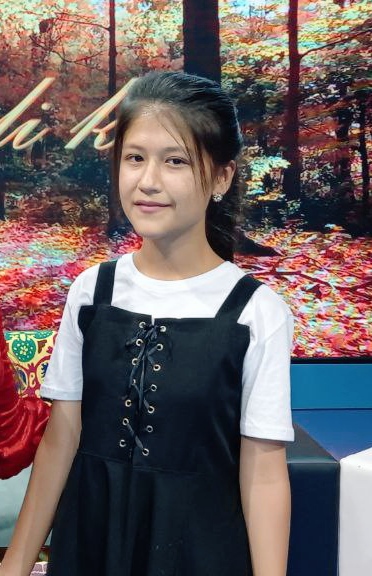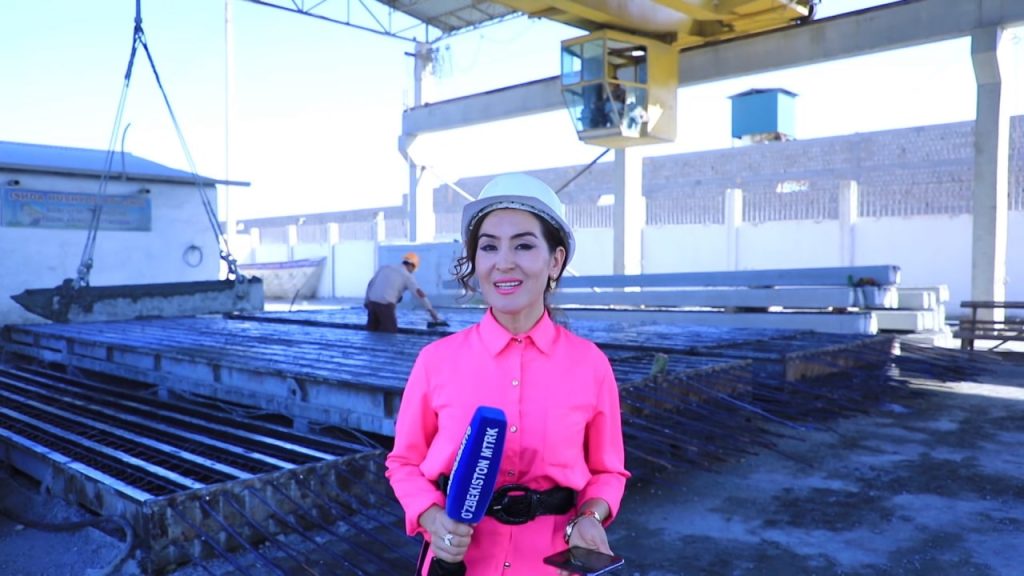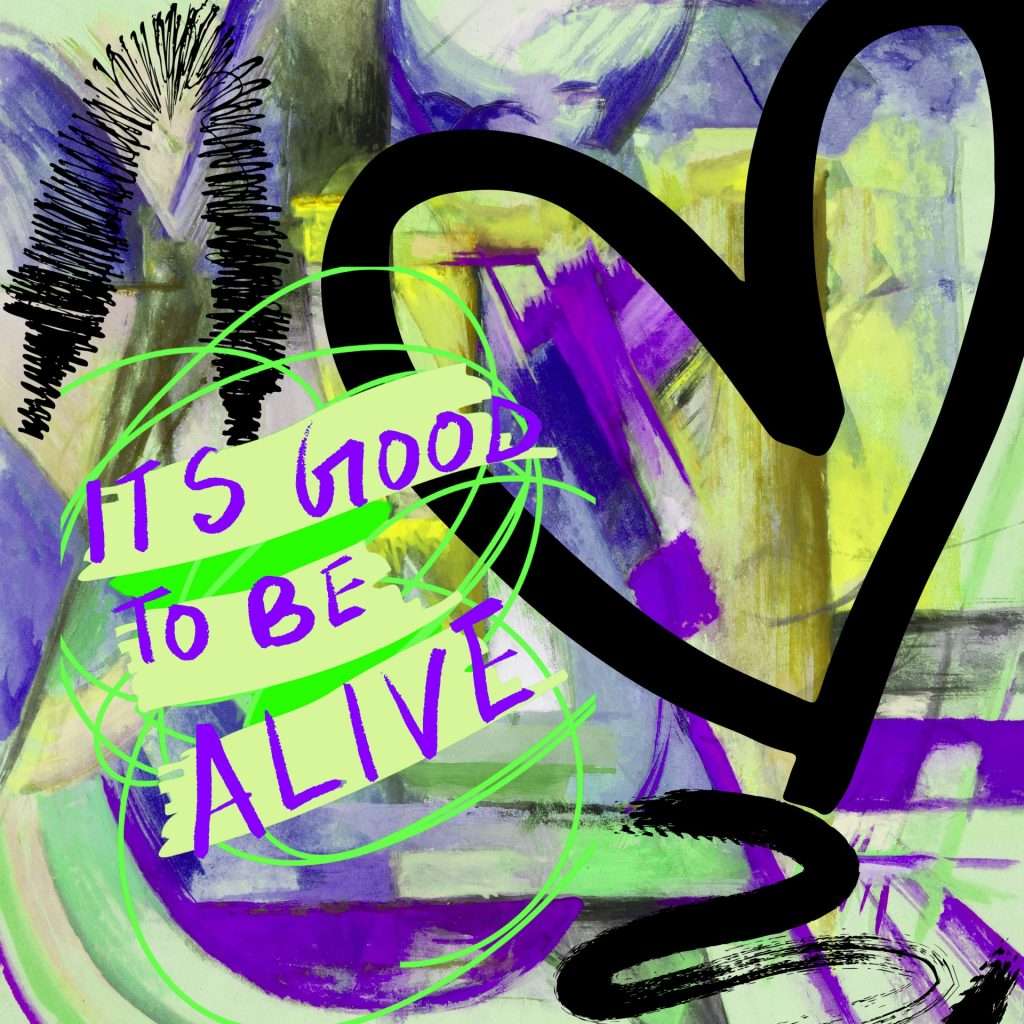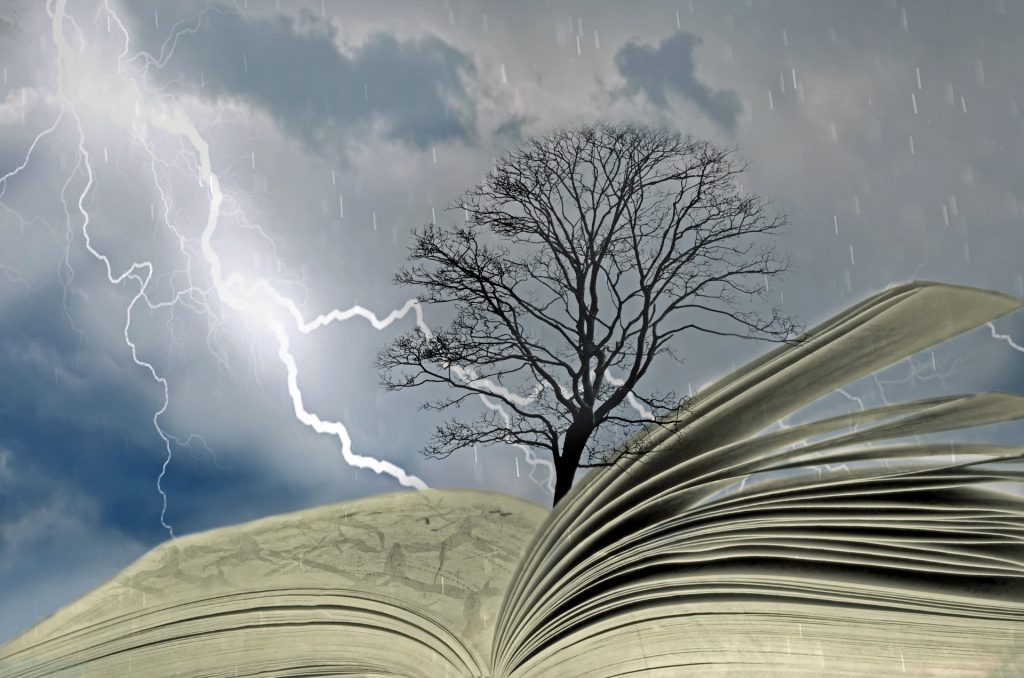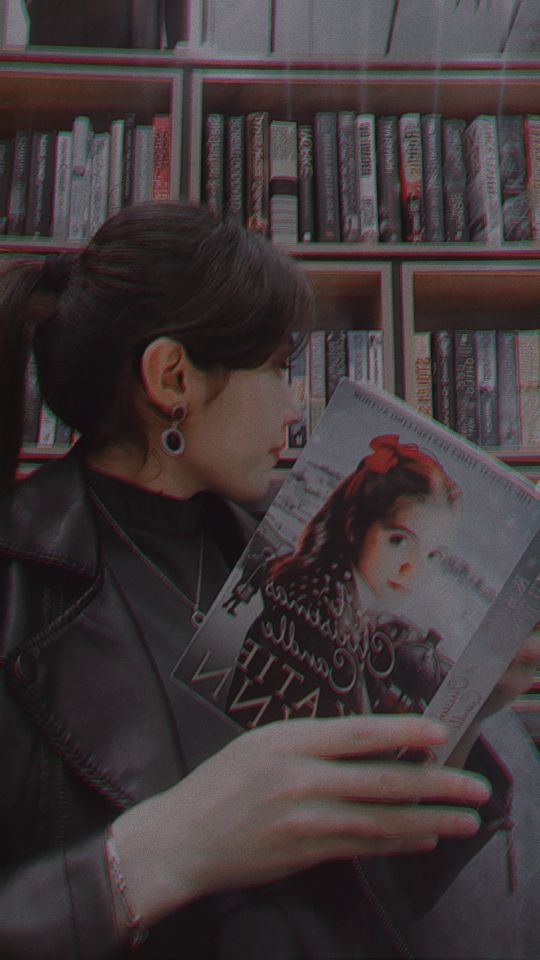
The usage of state-of-the-art E-learning tools in teaching foreign languages
To’lqinova Sevinch O’tkir qizi
sevinchtulqinova1621@gmail.com
Student of Uzbekistan State World Languages University
ABSTRACT
We are living in a world where technology is omnipresent. Due to the ubiquitous presence of technology the pedagogy of teaching methodology has also undergone a rapid-change. The phrase “e-Learning” or “Technology in Education” has become prevalent in every educational environment. Infusing technology into education is really important as it needs to contemporary learners. The classroom environment, today, is completely distinct from the traditional classroom. The traditional methods which are mainly based on lecturing and note learning reduce English language learning to mechanical memorization and miserably fail in developing English language as a skill among the learners. New technologies like Internet, YouTube, Skype, tweeter, blogs, mobile phones, interactive boards and many more have added not only stimulus but also learners’ engagement and true interactivity within the classroom. The teachers can engage the learners to become skilled at English Language by using the innovative ELT techniques like English songs, movie clippings, dramatics, advertisements, sports commentaries and many more. This paper emphasizes on the need to make English language lessons easy and enjoyable through innovative ELT methods.Thus, this study discusses the availability of various tools of ICT and their practical uses. We live in an era of information explosion and e-learning tools are changing the world we live in and the way we learn to live.
Keywords: Language, Methods, Information Technology, Internet, ICT and ELT techniques
The issue of learning languages is very indispensable for today. Foreign languages are socially demanded, especially in these times, when the progress in science and technology has led to an explosion of knowledge and has contributed to an overflow of information around the world. . Foreign languages are needed as the main and most efficient means of information exchange of the people of our planet. Individuals have been integrating into the world community and the problem of learning English for the purpose of communication is especially urgent today. To know English is absolutely necessary for every educated person, for every good specialist. Learning an English language is not an easy thing. It is a long and slow process that takes a lot of time and patience to prosper. Reading books and articles in the original language, listening to the English channels, BBC, TED talks and also communicating with the English speaking people, natives will facilitate more to people comprehensively. . When learning a foreign language you not only learn the culture and history of the native speakers but also you could have a profound grasp of economic, social relations, law and legislation of this country.Nowadays using of information technology at the English lessons is also very important. Our article is about how English language can be learned at classrooms on the bases of information technologies. Information technology provides teachers an endless choice of multimedia, software, applications and devices with which to create more exciting, interactive lessons. The traditional English lecture-based lesson, while effective to a point, does not stimulate every type of learner. By adding a dimension to their lessons, English teachers have the opportunity to engage more students and lead a more involved, energetic class. Digital advancement is a major advance in information technology making it easier for faculty and students to complete tasks. Teachers can enter grades and assignment updates online, rather than in a paper grade-book. Libraries with a digital database in place of a traditional card catalog make their resources available for students to search anywhere with an Internet connection. Staff members can find and send transcript information and other records quickly by accessing a digital filing system, saving time and paper. As modern devices like tablet computers, laptops and projectors develop more of a presence at the English lessons. It becomes more important for educators, students and parents to understand the role of information technology in studying English today. New technology is not only a subject in and of itself, but can also be applied to any subject, enhancing the learning experience and equipping students to join an increasingly global workforce. Information and communication technology opens the doors for better distance learning programs, allowing those in disadvantaged areas to have access to the same education as the privileged. Because this technology makes information accessible from nearly any location with a mobile device or laptop, courses can be more flexible, meaning those with full schedules who may not have the time or opportunity to further their education can choose to enroll in courses on-line and complete assignments on their own time. Interactive audio and video allow real time communication using phones and computer at the English lessons. Voice over Internet Protocol enables a person’s voice to be transmitted through an Internet connection. Voice and multimedia presentations can also be delivered to a dispersed class with questions and answers taking place in realtime.
Conclusion
At the contemporary time, information technology is integral part of education in the twenty-first century. When teachers used them correctly in the classroom, technology can allow students to experience situations and circumstances that the students of 20 years ago could only dream about. Through technology, books and figures can suddenly become alive and applicable to the real world. In addition, information technology provides an even greater avenue for interaction between teacher and students. At the English lessons different videos, exercises, games, listening drills may be done. Information technology makes learning English available to a wider range of learners as well.
References
[1]Byrne, Donn, (1997).Teaching Oral English, New Edition. – Longman.
[2]Harmer, Jeremy, (1991). How to Teach English. – Longman. Heaton, J. B., (1991)Writing English Language Tests, New Edition. – Longma.
[3]Lowes, Ricky, and Target, Francesca, (1998). Helping Students to Learn. – London: Richmond Publishing.
[4]Lewis M. (1997). Implementing the Lexical Approach. – N.Y.: Language Teaching Publications.
[5]Schmitt N. (2008).Vocabulary in Language Teaching. – Cambridge: Cambridge University Press.
[6]Rost, Michael,(1994) Introducing Listening. – Penguin English.
[7]Rost, Michael,(1991) Listening in action. – Prentice Hall International.

